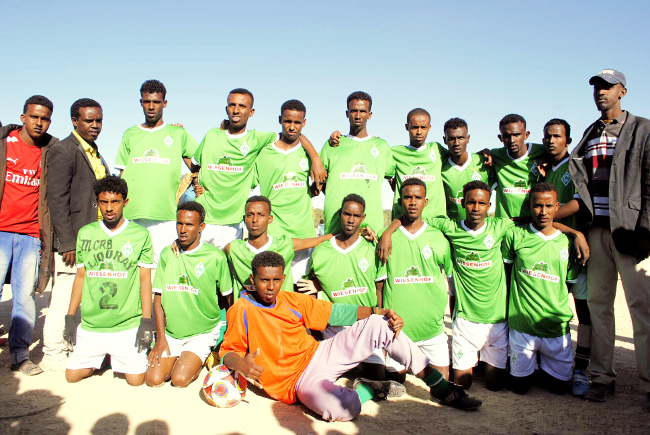Context
Countries in the Horn of Africa* remained an extremely challenged region in 2016. Ethiopia faced its worst political unrest in years, which triggered the announcement of a state of emergency. In South Sudan, the conflict deteriorated, which deepened the humanitarian crisis and led to enormous refugee flows within the Horn region. The overall security situation in Somalia remained volatile, as Al-Shabaab still held various geographical areas and continued to engage in asymmetrical warfare. The region also was confronted with extreme drought, which has led to famine in parts of South Sudan in 2017 and poses a serious threat of famine in Somalia. The destabilising influence of countries in neighbouring regions, such as Egypt and some Gulf States, continues to increase. The Netherlands contributes to increasing the stability, security and resilience of the region through several programmes, stimulating development, regulating migration flows, preventing violent extremism, promoting human rights and mitigating the effects of climate change. The work in the Horn of Africa must be seen in combination with work specifically aimed at South Sudan and Ethiopia, which is reported separately. The following overview present the Security and Rule of Law results of three organisations that are active in the Horn of Africa, these are: Intergovernmental Authority on Development (IGAD), the African Union (AU) and the Intitute for Security Studies (ISS) - and of the activities in Somalia aimed at strengthening security and the rule of law.
* Sudan, South Sudan, Ethiopia, Eritrea, Somalia, Djibouti





